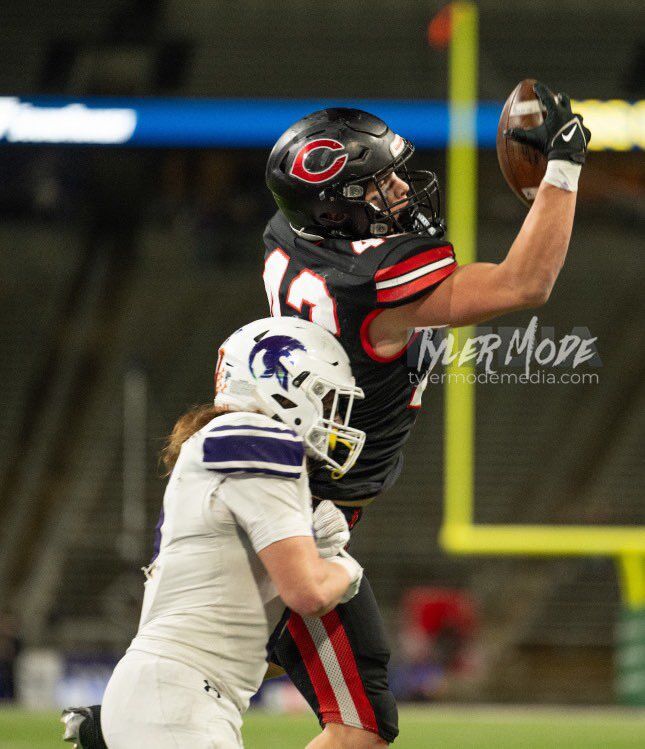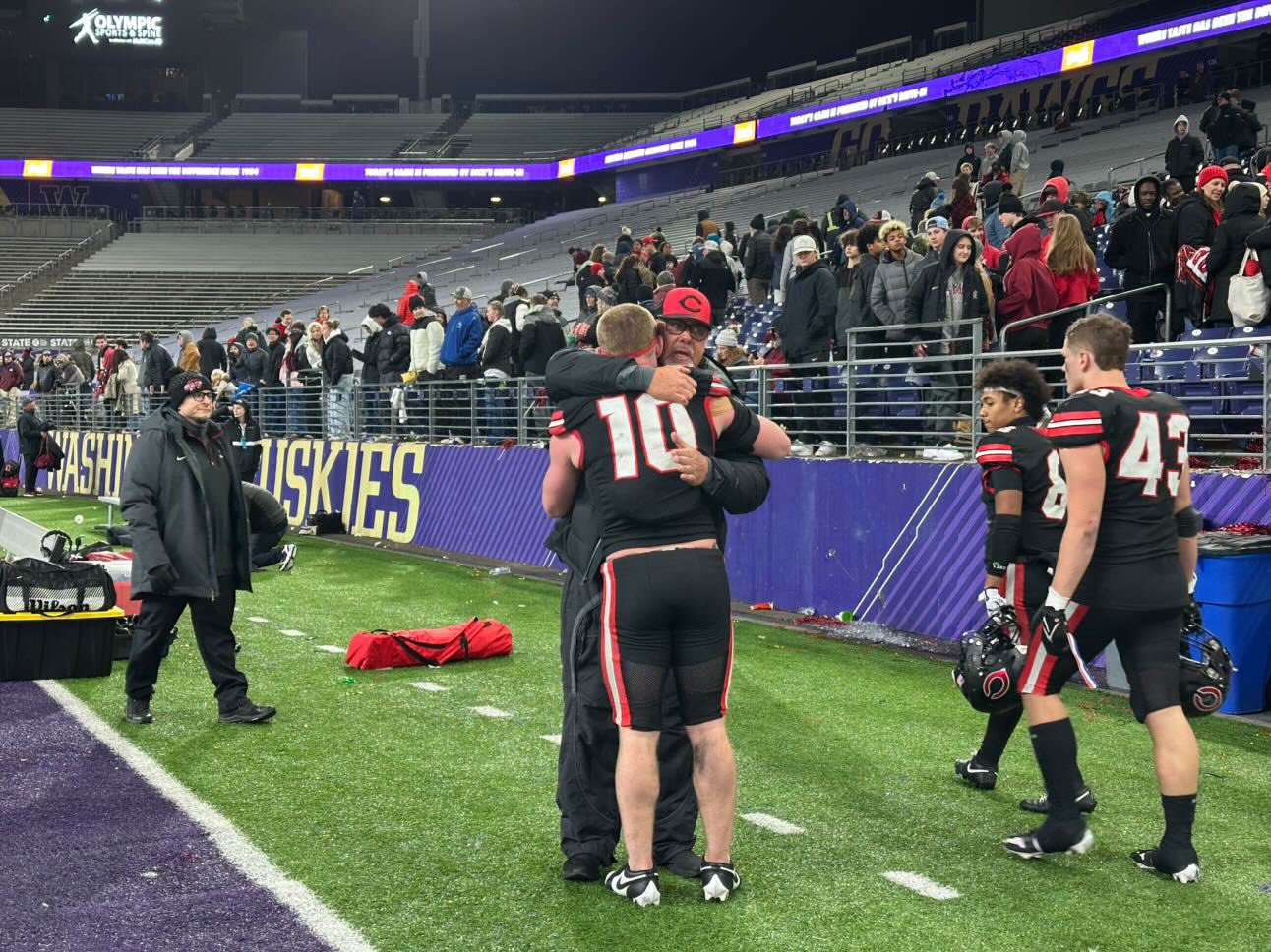Five Tips for Raising Resilient Kids: An Interview with Julie Russell
Washougal, WA — Raising children is hard work, and with technology changing the landscape, we spent some time chatting with Licensed Family Therapist, Julie Russell, about how to raise resilient kids and help them thrive. This is the first of a three-part series. The first five tips will be addressed here, then we’ll discuss five other tips, and then discuss best ways to use technology and mobile devices.
Russell based her discussion on Margarita Tartakovsky’s proven methods to raise resilient children.
Tip #1: Don’t Accommodate Every Need
Russell: “It’s easy to spoil kids and give them too much, and we all know it’s uncomfortable to see a child suffer. What I recommend is ask them how they would like to handle the situation. This will help them realize and say to themselves ‘I can solve this myself.’”
Tip #2: Avoid Eliminating All Risk
Russell: “Allow kids to have some risk. Start telling them that some things in life will hurt. Don’t be the helicopter parent, and this can start when they’re infants. When they fall, they’re usually OK, but sometimes they mirror a parent’s overreaction. Explain the consequences to rule breaking, and follow through with those consequences, even when it’s really hard to do that. We all know sometimes it is harder on the parents. I also recommend age appropriate limitations to freedom as a consequence.
Tip #3: Teach Them To Problem Solve
Russell: “Follow through on commitments. If they want a particular dinner, allow them to make it. Teach them how to properly socialize, and to greet people by shaking hands. This helps them overcome any shyness.”
Tip #4: Teach Them Concrete Skills
Russell: “Greeting someone, shaking their hands, and looking them in the eye is important. Teach them how to set a table properly. Participate in etiquette dinners, and don’t be hurtful at the dinner table.”
Tip#5: Avoid “Why” Questions
Russell: “Asking a ‘why’ question is an accusation. ‘Why did you do that?’ It’s better to ask ‘How did this happen?’ Or ‘What was happening before you decided to do this?’ This gives you a wider space between the thought and the behavior. This helps children think about the thoughts and the actions.”
We will review five other tips in Part 2 of this series.
Russell practices in Vancouver. She won her race for Washougal City Council, and will be sworn in January 8 at Washougal City Hall.






























Trackbacks & Pingbacks
[…] To read part one, go here: First Five Tips […]
Leave a Reply
Want to join the discussion?Feel free to contribute!